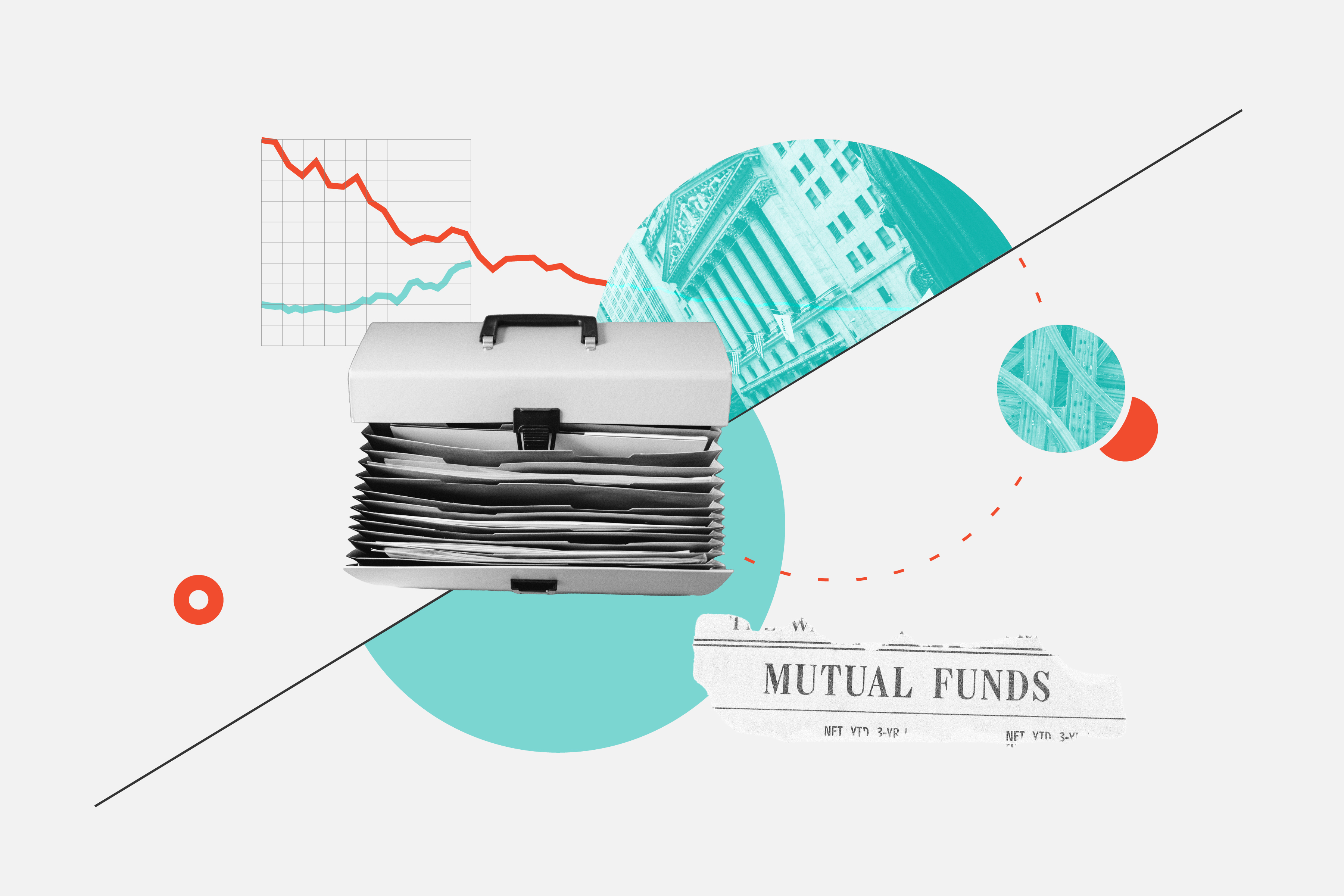Ashley Redmond: Welcome back to Stock Talk and for this month's edition we're actually filming right now on the hottest day of the year.
Melissa Kahnert: I heard this morning that is actually hotter in Toronto than it is in Cancun.
Redmond: It is hot out. But anyways, we'll still going to do Stock Talk today. So, we're actually going to be discussing the concept of cyclical dividend stocks and of course I'm here with Melissa and she's going to help us figure out how they may fit into your portfolio.
Kahnert: Thanks, Ashley, it's great to be here with your team again this morning.
Redmond: And the first thing I think we should discuss is what is a cyclical dividend stock, and really how are they different from a regular dividend-paying company?
Kahnert: It's a great question, and I think the start would be to explore what a cyclical stock would be in general. Being that most come from more cyclical industry sectors such as energy, industrials and material type companies, they are just more susceptible to the market up and downs. So, being that they're dividend-paying companies, as a responsible investor, you also want to consider that the dividend payments might also be at risk to the market fluctuations.
So, thinking of oil-paying companies for example, oil producers, they might have to cut their dividend payments or eliminate cash payouts altogether in tough times, unlike a more traditional utility-type sectors where we see a little bit more stability on the dividend paying end, a little bit more for the conservative investor.
Redmond: That makes sense. But as an investor why would I want that in my portfolio?
Kahnert: It's a great question because all asset allocation decisions come down to your investor profile. What it is you're looking for and what your time horizon is? So, in this circumstance, these types of companies might be more attractive to a longer-term investor, who's not only looking for that dividend payout but is also looking for an increase in share prices which is usually beneficial on the overall growth of the portfolio. Bottom line is we've seen a lot of market fluctuation over the past years and difficulties that might come for a couple more years, but when growth does return to the economy these names are going to be adding more nutrition to these portfolios in a sense that they'll be able to add that actual performance to these investors.
Redmond: Great. I know you ran a screen for us but before you tell us what the stocks were, just a reminder, CPMS is Morningstar's quantitative equity research service utilized by fund managers across the country. So Melissa what were some of the stocks on the list?
Kahnert: Okay. So we've ran a CPMS screen incorporating, as I mentioned before, more cyclical sectors; energy, material and industrials. One of the stocks was Russel Metals; we've also included SNC-Lavalin Group, Cameco Corporation, Suncor Energy, TransCanada Corp, Enbridge, Pengrowth Energy and Superior Plus.
Redmond: Well, there is lot of recognizable names on that list.
Kahnert: Exactly. And one thing to note that, in picking these names we're taking a look at historical dividend payment growth. So, more notably over the past 12 years how much has their dividend increased, and five years how much has there dividend increased. All of these companies have suffered a decline in share prices but their dividend payout system remains strong.
Redmond: Great. So, why don't we take a look at couple of examples?
Kahnert: Examples, great. So, let's start with SNC Lavalin. It's seen its price fall by almost one-third in the past 12 months due to recent investigations as we're all aware of. However their 12-year dividend growth rate is 22.1%. Their five-year number is 19.6%. So, we're still seeing strong dividend growth from this company, and most investors would argue that SNC is one of the dividend players in our Canadian market space.
Cameco on the other hand, shares are down 18%. Their dividend seems to be sustainable through all market conditions, as we haven't seen too much movement from this payout. Our 12-year number is at 14.4% and the five-year number is at 14.9%. So, we are demonstrating a little bit of consistency from Cameco, which is another great highlight on that list of stocks.
The bottom line is you wouldn't want to consider investing your portfolio completely in cyclical dividend-paying stocks. But if you are looking to have a stock in your portfolio that might benefit from a stronger economy, when the economy does heat up, when interest rates begin to rise, investors might be looking for a little bit more something to add elsewhere as well as get that dividend payment too.
Redmond: Great. Thanks so much Melissa, that was a lot of great information
Kahnert: No problem.
Redmond: And just a reminder, Melissa is not providing financial advice. We encourage you to speak with a financial planner or advisor before selecting stocks. CPMS software is only available to investment advisors and institutional clients. However, you can find free stock quotes at the top of morningstar.ca, and stay tuned next month for another segment of Stock Talk.























